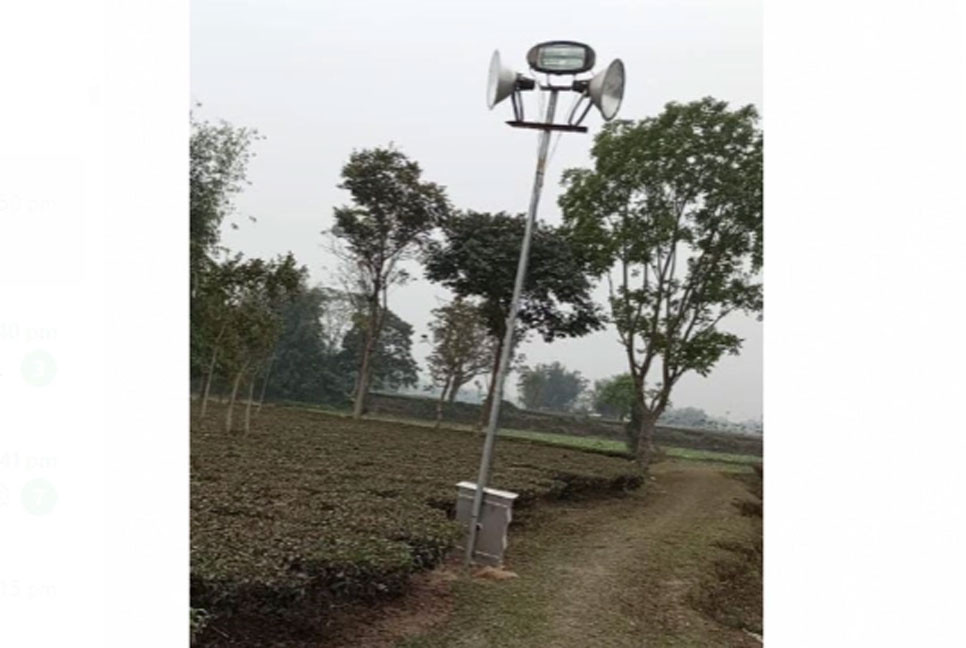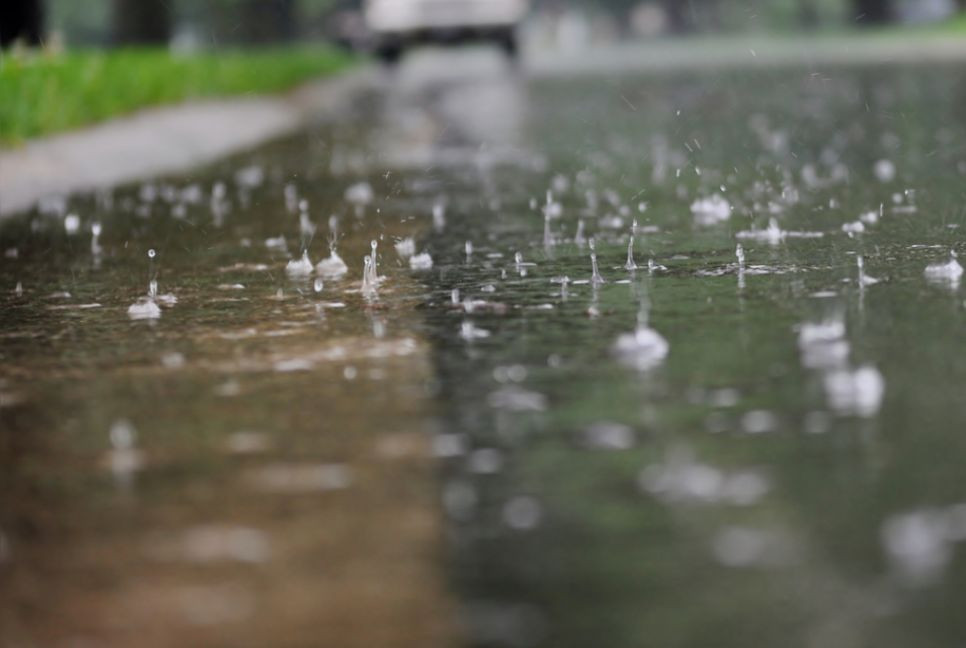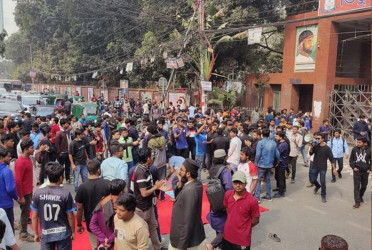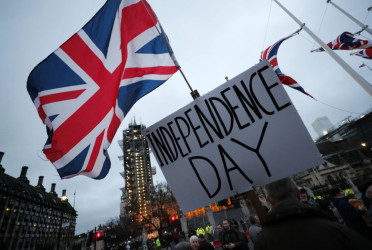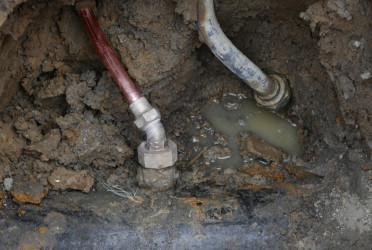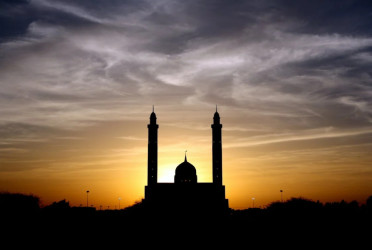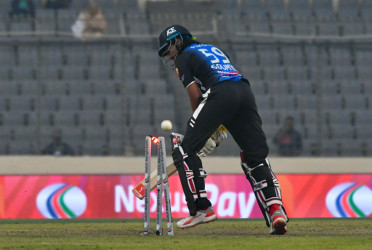Dhaka, the densely populated capital of Bangladesh, recorded the worst air quality globally on Friday morning, December 6, 2024, with an Air Quality Index (AQI) score of 242. At 9 a.m., the city's air was classified as ‘unhealthy,’ according to AQI standards.
The AQI categorizes air quality into six levels based on particulate pollution levels. Scores between 50 and 100 indicate ‘moderate’ air quality, with sensitive individuals advised to limit prolonged outdoor activity. Readings between 101 and 150 are considered ‘unhealthy for sensitive groups,’ while scores from 150 to 200 are labeled ‘unhealthy.’ The 201-300 range is ‘very unhealthy,’ and values exceeding 301 are deemed ‘hazardous,’ posing significant health risks to residents.
Following Dhaka, Vietnam's Ho Chi Minh City ranked second with an AQI score of 190, while Pakistan’s Karachi and Lahore shared third and fourth positions with scores of 186.
The AQI is a daily air quality reporting tool, measuring pollutants such as particulate matter (PM10 and PM2.5), nitrogen dioxide (NO2), carbon monoxide (CO), sulfur dioxide (SO2), and ozone. In Bangladesh, these pollutants are the key indicators used to assess air quality.
Air pollution has been a persistent issue for Dhaka, with conditions worsening in winter due to various factors, including increased particulate matter. The city's air quality typically improves during the monsoon season.
Globally, air pollution is a significant health concern. The World Health Organization (WHO) estimates that seven million people die annually due to conditions linked to air pollution, including stroke, heart disease, lung cancer, chronic obstructive pulmonary disease, and acute respiratory infections.
(Source: UNB)
BD-Pratidin English/Mazdud







